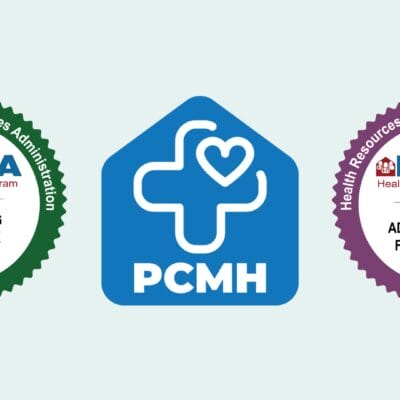Do you know how to protect yourself from cervical cancer?
All women are at risk for cervical cancer. It occurs most often in women over age 30. Long-lasting infection with certain types of human papillomavirus (HPV) is the main cause of cervical cancer. HPV is a common virus that is passed from one person to another during intercourse. At least half of sexually active people will have HPV at some point in their lives, but few women will get cervical cancer.
Screening tests and the HPV vaccine can help prevent cervical cancer. When cervical cancer is found early, it is highly treatable and associated with long survival and good quality of life.
What are the risk factors for cervical cancer?
- Human papillomavirus (HPV)
- Having HIV or another condition that makes it hard for your body to fight off health problems
- Smoking
- Using birth control pills for a long time (5 or more years)
- Having given birth to 3 or more children
- Having several sexual partners
What can I do to reduce my risk?
Two screening tests can help prevent cervical cancer or find it early:
- The Pap test (or Pap smear) looks for precancers, cell changes on the cervix that might become cervical cancer if they are not treated appropriately
- The HPV test looks for the virus (human papillomavirus) that can cause these cell changes
HPV Vaccine
The HPV vaccine protects against the types of HPV that most often cause cervical, vaginal and vulvar cancers.
- HPV vaccination is recommended for preteens aged 11 to 12 years, but can be given starting at age 9.
- HPV vaccine also is recommended for everyone through age 26 years, if they are not vaccinated already.
- HPV vaccination is not recommended for everyone older than age 26 years. However, some adults age 27 through 45 years who are not already vaccinated may decide to get the HPV vaccine after speaking with their doctor about their risk for new HPV infections and the possible benefits of vaccination. HPV vaccination in this age range provides less benefit, as more people have already been exposed to HPV.
HPV vaccination prevents new HPV infections, but does not treat existing infections or diseases. This is why the HPV vaccine works best when given before any exposure to HPV. You should get screened for cervical cancer regularly, even if you received an HPV vaccine.
Most insurances cover preventive services, like Pap smears and HPV tests at no cost to the patient. If you do not have health insurance, our reduced fee is available.
Visit our OBGYN page for a full list of services.
Content source: Centers for Disease Control and Prevention (CDC)
